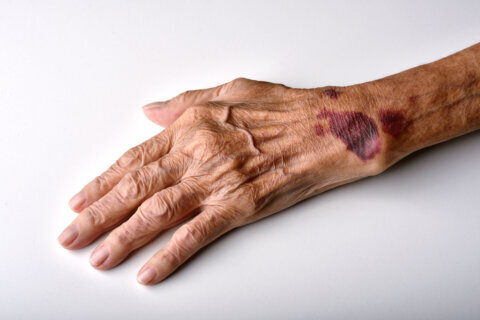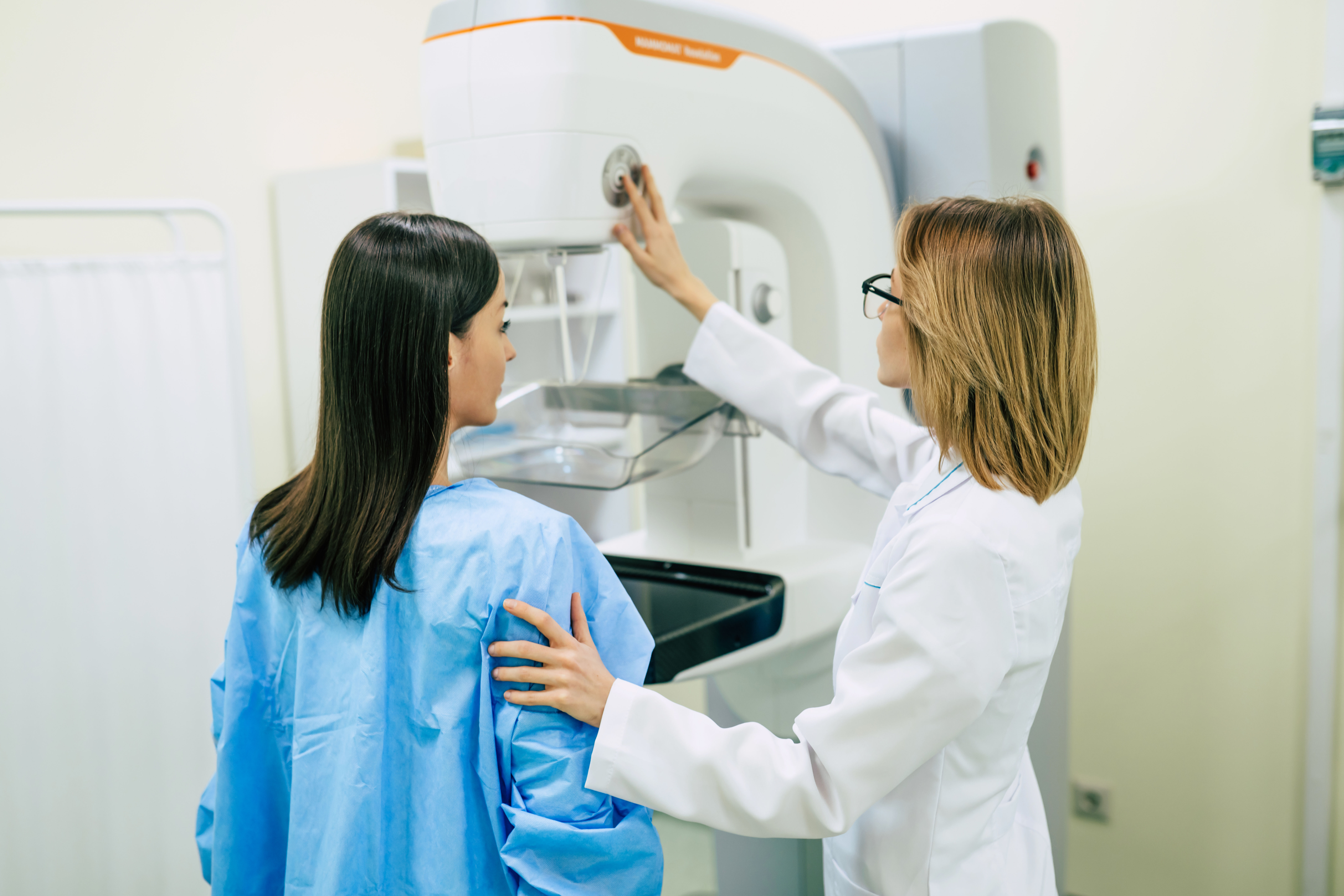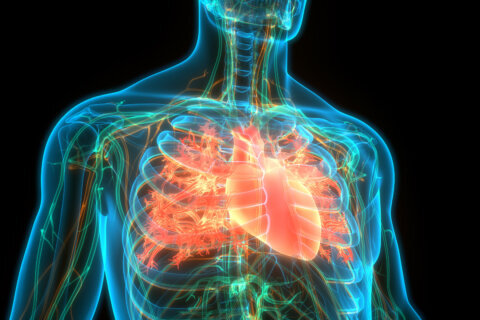This content is sponsored by MedStar Washington Hospital Center.
Statins help millions of people manage their high cholesterol, and are the most common drug class of prescriptions in America. More than 40 million adults take them, according to the Cleveland Clinic. Still, there are many people – particularly women – who may be reluctant to take statins despite the fact the medication can have life-saving benefits.
Statins can help lower the level of LDL (low-density lipoprotein) or bad cholesterol and may increase your HDL (high-density lipoprotein) or good cholesterol in the blood. Statins get in the way when your liver is trying to make cholesterol because a high level of LDL cholesterol can lead to cardiovascular disease, according to the Cleveland Clinic. The American Heart Association says statins can reduce the risk of heart attack, stroke, and complications from atherosclerosis (blocked arteries) by as much as 60%.
Data published in JAMA earlier this year show that women in their 50s were 5% less likely than men to start a statin. Patients who took a statin achieved a healthy cholesterol level in just a year and a half —about three years earlier than those who didn’t.
Dr. Ida Suen, a cardiologist at MedStar Washington Hospital Center, said these findings echo what she sees with her patients, too.
“I think there’s a big disparity [between men and women]. And women, in particular, are a lot more likely to … chalk it off to something else,” Dr. Suen said, adding that women often attribute symptoms to stress at work, indigestion or running around with the kids or grandkids.
The symptoms of heart disease in women are similar to signs of stress, such as chest discomfort or pain, pain in the jaw, shoulders or abdomen and shortness of breath, Dr. Suen added.
Dr. Suen says there is also a disparity between men and women getting appropriate cardiovascular care. In her experience, many women delay getting care for symptoms related to cardiovascular disease and diminish the warning signs.
“It’s not nothing – there’s obviously something – enough to cause us to want to go the emergency room. And for someone to say, ‘Oh it’s nothing’ is doing us a disservice. Who wants to take hours and hours out of their day to go sit in an emergency room? But obviously something triggered it enough in us to want to go, and I think to advocate for ourselves to get the right care is what we can do for ourselves,” Dr. Suen said.
Patients who take statins often do so without any challenges. Still, some patients – no matter the gender – may be reluctant to take statins because of the side effects, which can include muscle discomfort, liver damage and elevated blood sugar.
“The risks aren’t as bad as you’d think they are. For a lot of women, I think that’s the biggest concern,” Dr. Suen said.
“I think the benefit of having your cholesterol lowered far outweighs that maybe you have an adverse reaction,” she added.
The road to getting improved cardiovascular care begins with open communication with your physician and care team, Dr. Suen said.
Medication is only effective if it’s taken, so Dr. Suen says she works to understand the patient’s symptoms, concerns and goals. She encourages patients to learn about the medication and how it works: “the more you understand, the more likely you’re to accept something or to take that medication.”
She sees the patient and doctor as a team, working together toward treatment.
“The person that should have the biggest say is the person that has the biggest stake, and the person that has the biggest stake is a patient because it’s the patient’s health,” Dr. Suen said.
She said she wants to hear patients’ concerns – no matter what they are so they can be addressed appropriately.
“But the trade off is … after some time, if it doesn’t work, then I want to revisit the topic and have another discussion,” Dr. Suen said.
Statins may not make you feel like it’s doing anything right away, but “know the medication is making significant change inside your blood vessels every step of the way,” Dr. Suen said.
The cardiology team at MedStar Washington Hospital Center works with patients’ primary care doctor, endocrinologist and other specialists to ensure holistic health is achieved, Dr. Suen said.
“Statins are a low-cost, highly effective way to significantly improve your future heart health—we want to help you find an effective solution to care for your heart in a way that works for you,” Dr. Suen said.
Read more in a blog post from Dr. Suen on the MedStar Washington Hospital Center website.







